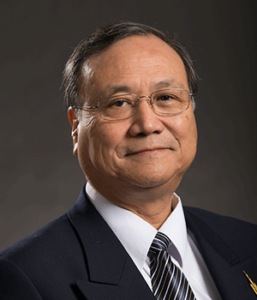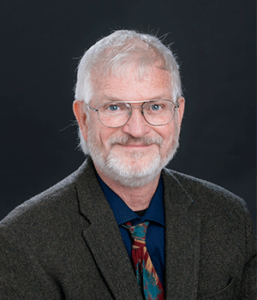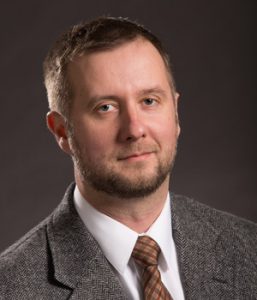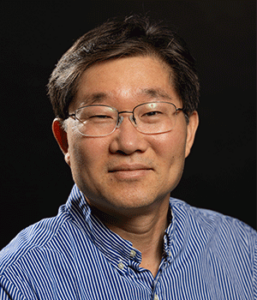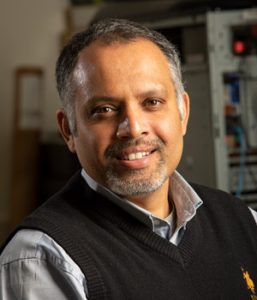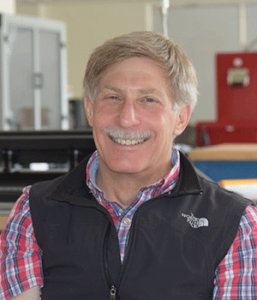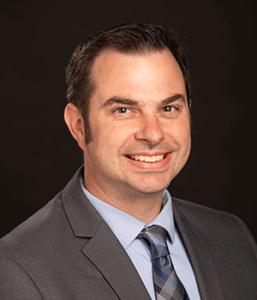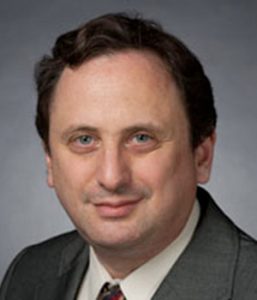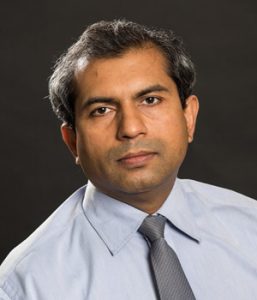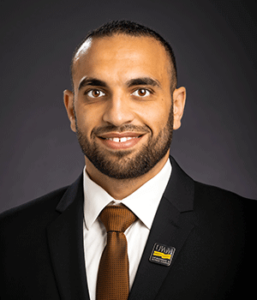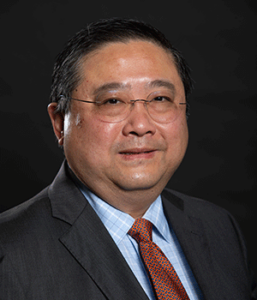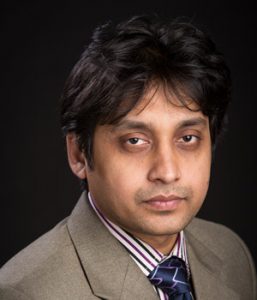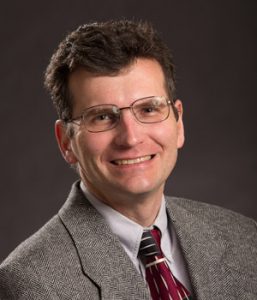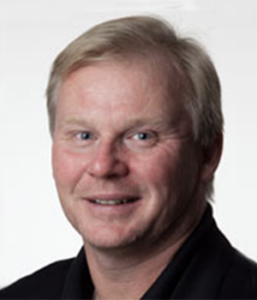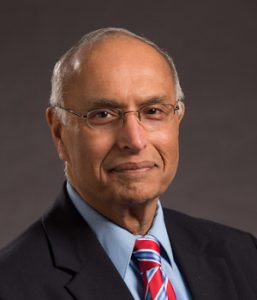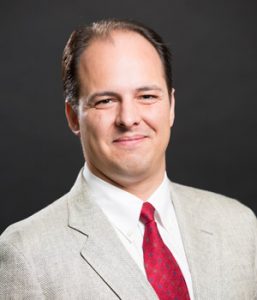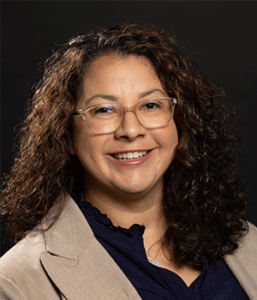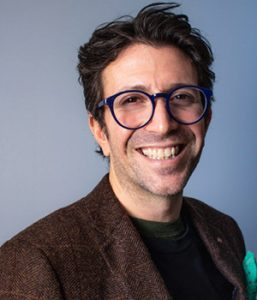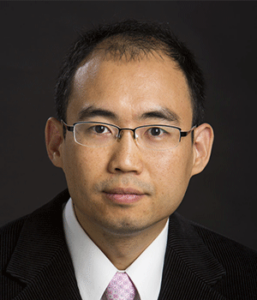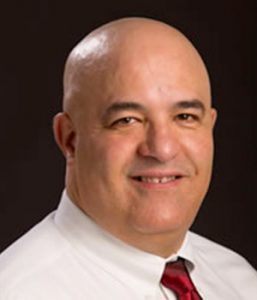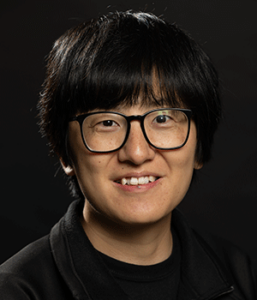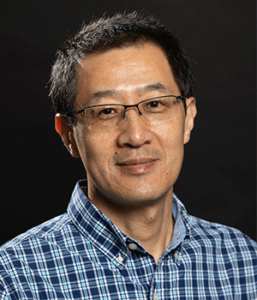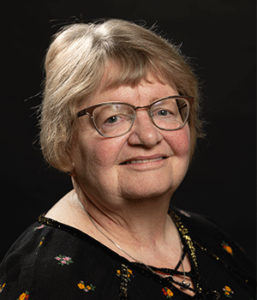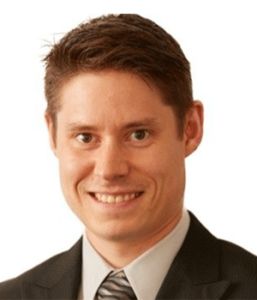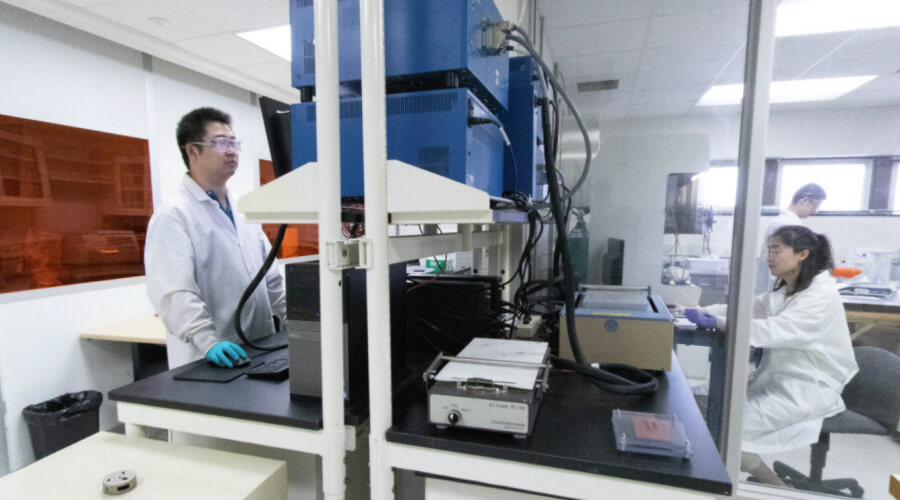Engineering MS: Mechanical Engineering MS
The mechanical engineering master’s program is a concentration within the college-wide Master of Science (MS) program where students advance their education around engineering design, consulting, planning, quality control and working with clients and other engineers.
Graduates with a mechanical engineering master’s degree increase their potential for higher income and leadership opportunities in careers related to renewable energy, robotics, battery technology, optics, biomechanics, tribology, water filtration, sensors, composite materials and HVAC engineering.
Program Type
Master’s
Program Format
On Campus
Industrial Assessment Center (IAC)
Faculty and student researchers from UWM’s Department of Energy (DOE) funded IAC have helped over 600 Wisconsin manufacturers to increase productivity and competitiveness by reducing energy and water consumption, enhancing cybersecurity, and adopting smart manufacturing technology. More info.
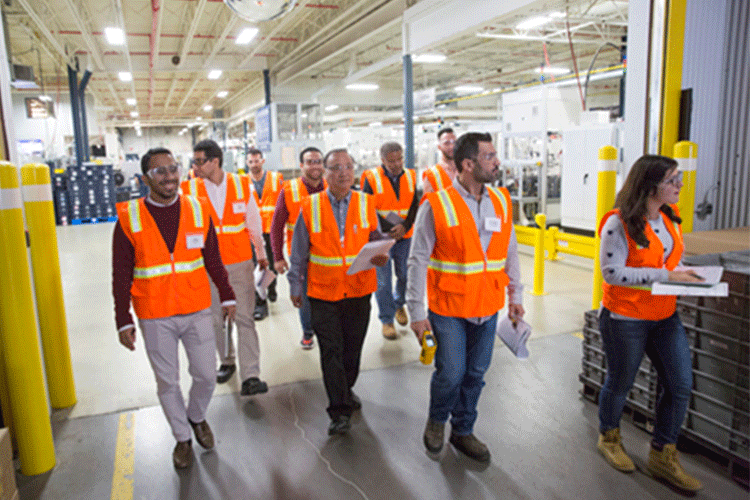
What to Expect
The mechanical engineering master’s degree at UWM is designed for both working professionals and aspiring researchers so most lectures are held in the evening to allow for dual commitments. Students may choose either a thesis (30 credits) or a non-thesis option (31 credits) depending on their career goals.
As an R1 research university we strongly believe in the power of research to change the world, so we encourage students to pursue the development of a thesis. However, if you have prior engineering or scientific work experience and are seeking an MS for professional advancement, the non-thesis option is a great alternative that requires additional coursework in lieu of a thesis.
The MS in Engineering does not require a rigid set of courses, so you have the flexibility to design your program of study that is compatible with your career objectives. This feature also makes the MS a solid steppingstone for doctoral level study. Please see the academic catalog for specific requirements.
Most students choose to incorporate Teaching Assistantships (TAs) or Research Assistantships (RAs) during their graduate study which helps to fund their education while also building leadership skills. Assistantship decisions are made by the academic departments only after an applicant has been accepted into the program.
More Information
Contact the College of Engineering & Applied Science Graduate Programs Office.
We’re a top tier R1 research university and our mechanical engineering master’s students have the opportunity to work with biomedical engineering faculty engaged in cutting-edge research around batteries, energy, optics, rehab robotics, sensors and tribology.
Our college has a wide range of faculty-led labs that perform cutting edge research. For a full list, click here.
Faculty
- Richard and Joanne Grigg Faculty Fellowship
- Professor, Mechanical Engineering
- Director, Industrial Assessment Center (IAC)
- amano@uwm.edu
- 414-229-2345
- University Services and Research 201L
- Professor, Mechanical Engineering
- bsra@uwm.edu
- 414-229-6916
- Engineering & Mathematical Sciences 990B
- Associate Professor, Mechanical Engineering
- Director, Lubar Entrepreneurship Center (LEC)
- Co-Founder and Executive Director, UWM Student Startup Challenge
- Director (PI), Milwaukee Regional Energy Education Initiative
- avdeev@uwm.edu
- 414-229-6949
- Engineering & Mathematical Sciences 1181
- Associate Professor, Mechanical Engineering
- wjchang@uwm.edu
- 414-229-6614
- Engineering & Mathematical Sciences 1113
- Richard and Joanne Grigg Professorship
- Associate Professor, Mechanical Engineering
- dsouza@uwm.edu
- 414-229-6952
- Engineering & Mathematical Sciences E326
- CEAS Lab Manager
- Lab Manager, Makerspace
- judes@uwm.edu
- 414-229-5192
- Engineering & Mathematical Sciences W149
- Assistant Professor, Mechanical Engineering and Materials Science & Engineering
- musinski@uwm.edu
- Engineering and Mathematical Sciences EMS 910D
- Professor, Mechanical Engineering
- nosonovs@uwm.edu
- 414-229-2816
- Engineering and Mathematical Sciences 1125
- Professor, Mechanical Engineering
- krishna@uwm.edu
- 414-229-6535
- Northwest Quadrant 4521 SFS 3021
- Research Associate, Mechanical Engineering
- Assistant Director, Industrial Assessment Center (IAC)
- mdqandil@uwm.edu
- 414-229-9371
- Engineering & Mathematical Sciences
- Johnson Controls Endowed Professor in Energy Storage Research
- UWM Distinguished Professor
- qud@uwm.edu
- 414-251-5817
- Engineering and Mathematical Sciences E308
- Richard and Joanne Grigg Associate Professor, Mechanical Engineering
- Department Chair, Mechanical Engineering
- Affiliate Professor, Computer Science and Biomedical Engineering
- Switzer Research Distinguished Fellow
- rahmanmh@uwm.edu
- 414-251-8406
- University Services & Research Building (USRB) 201D
- Professor, Mechanical Engineering
- Secretary of the University
- reisel@uwm.edu
- 414-229-4671
- Engineering and Mathematical Sciences 1213| LUB 451
- Associate Professor, Mechanical Engineering
- renken@uwm.edu
- 414-229-5755
- Engineering and Mathematical Sciences 1007
- Distinguished Professor, Materials Science and Engineering Department
- Distinguished Professor, Biomedical Engineering
- Distinguished Professor, Mechanical Engineering
- Director, Center for Advanced Manufacture of Materials
- prohatgi@uwm.edu
- Engineering and Mathematical Sciences 574
- Richard and Joanne Grigg Faculty Fellowship
- Associate Professor, Mechanical Engineering
- Founder, Advanced Structures Laboratory
- salowitz@uwm.edu
- 414-251-8030
- Engineering and Mathematical Sciences 1155
- Richard and Joanne Grigg Professor of Mechanical Engineering, EMS Office 1080
- Affiliate Faculty of Biomedical Engineering and Rehabilitation Science & Technology
- slavens@uwm.edu
- 414-229-6933
- Accelerator Building, Innovation Campus 135, Lab 140
- Professor, Mechanical Engineering
- Professor, Art & Design
- Director, Student Startup Challenge
- sternn@uwm.edu
- 414-477-9602
- Engineering and Mathematical Sciences 755
- Associate Professor, Mechanical Engineering
- Associate Professor, Biomedical Engineering
- ysung4@uwm.edu
- 414-251-8147
- Physics 333
- Teaching Faculty 3, Mechanical Engineering
- yahiaoui@uwm.edu
- 414-229-7181
- Engineering & Mathematical Sciences E275
- Scientist I, Mechanical Engineering Department
- zhang389@uwm.edu
- 414-870-6401
- Engineering & Mathematical Sciences W283
- Scientist III, Mechanical Engineering Department
- zhengd@uwm.edu
- Engineering & Mathematical Sciences 810
Advising
- Advisor, Graduate Programs
- Computer Science, Electrical Engineering, Biomedical Health Informatics
- crary@uwm.edu
- 414-229-7267
- Engineering & Mathematical Sciences E379
- Advisor, Graduate Programs
- Civil/Environmental Engineering, Mechanical Engineering, Biomedical Engineering, Industrial/Manufacturing Engineering, Materials Science & Engineering
- rpackard@uwm.edu
- 414-251-8543
- Engineering & Mathematical Sciences E379
UWM is proud to be one of only two R1 research universities in Wisconsin. We’re also a top externally funded institution with robust opportunities for teaching and research assistantships. Partners that support our important research include:
- National Academy of Sciences, Engineering & Medicine
- National Science Foundation
- United States Department of Defense
- United States Department of Energy
- Regional businesses: Johnson Controls, Rockwell Automation, Harley Davidson, We Energies

